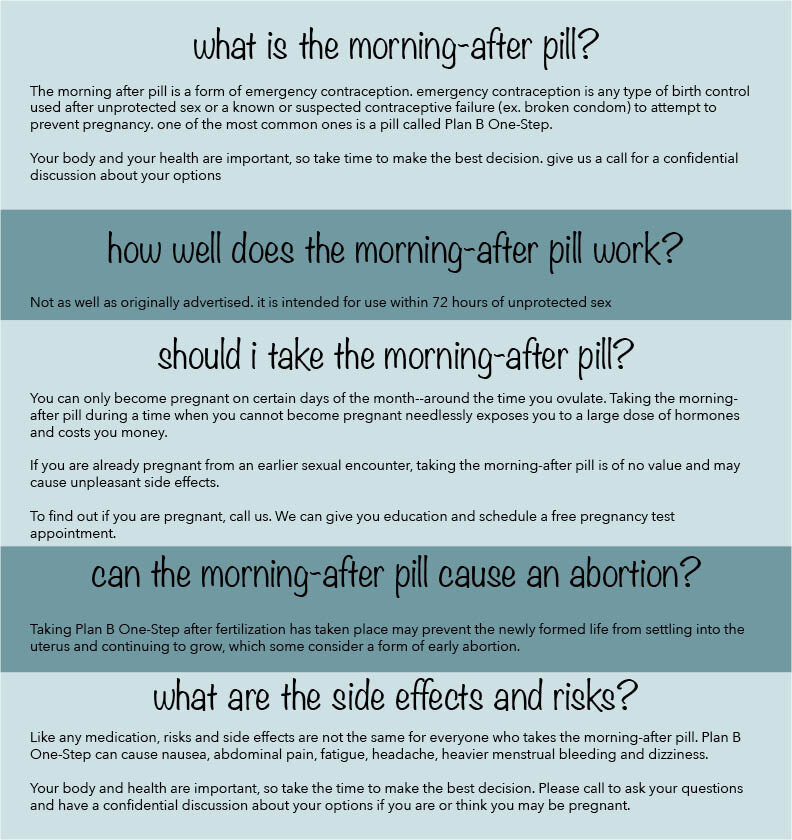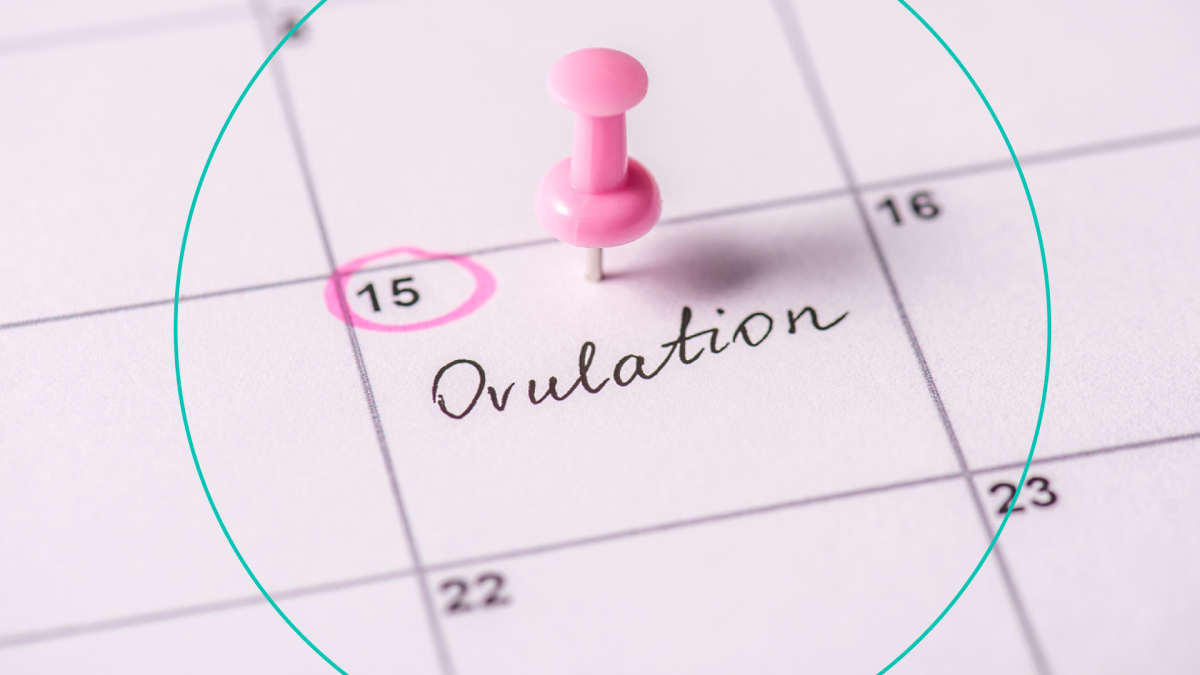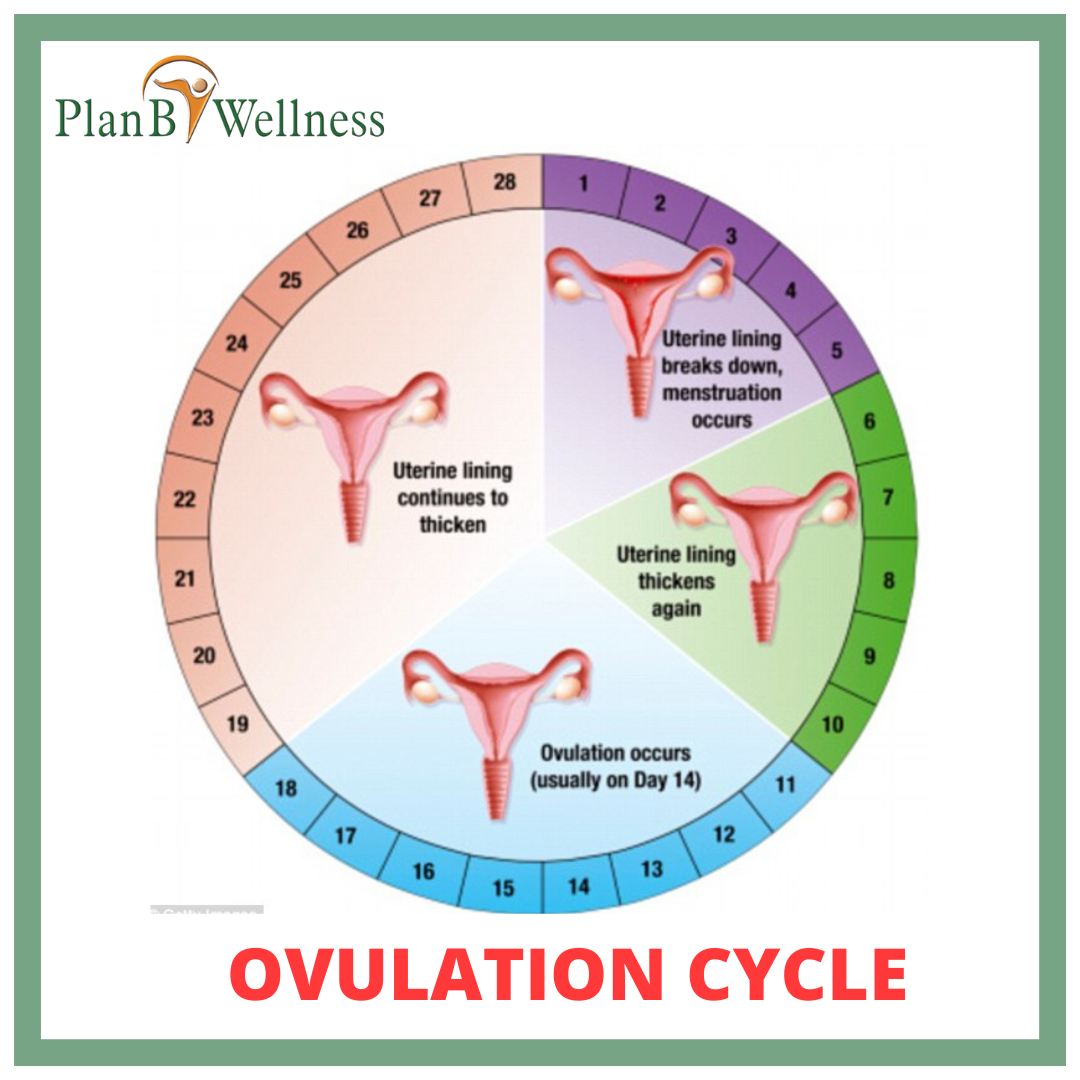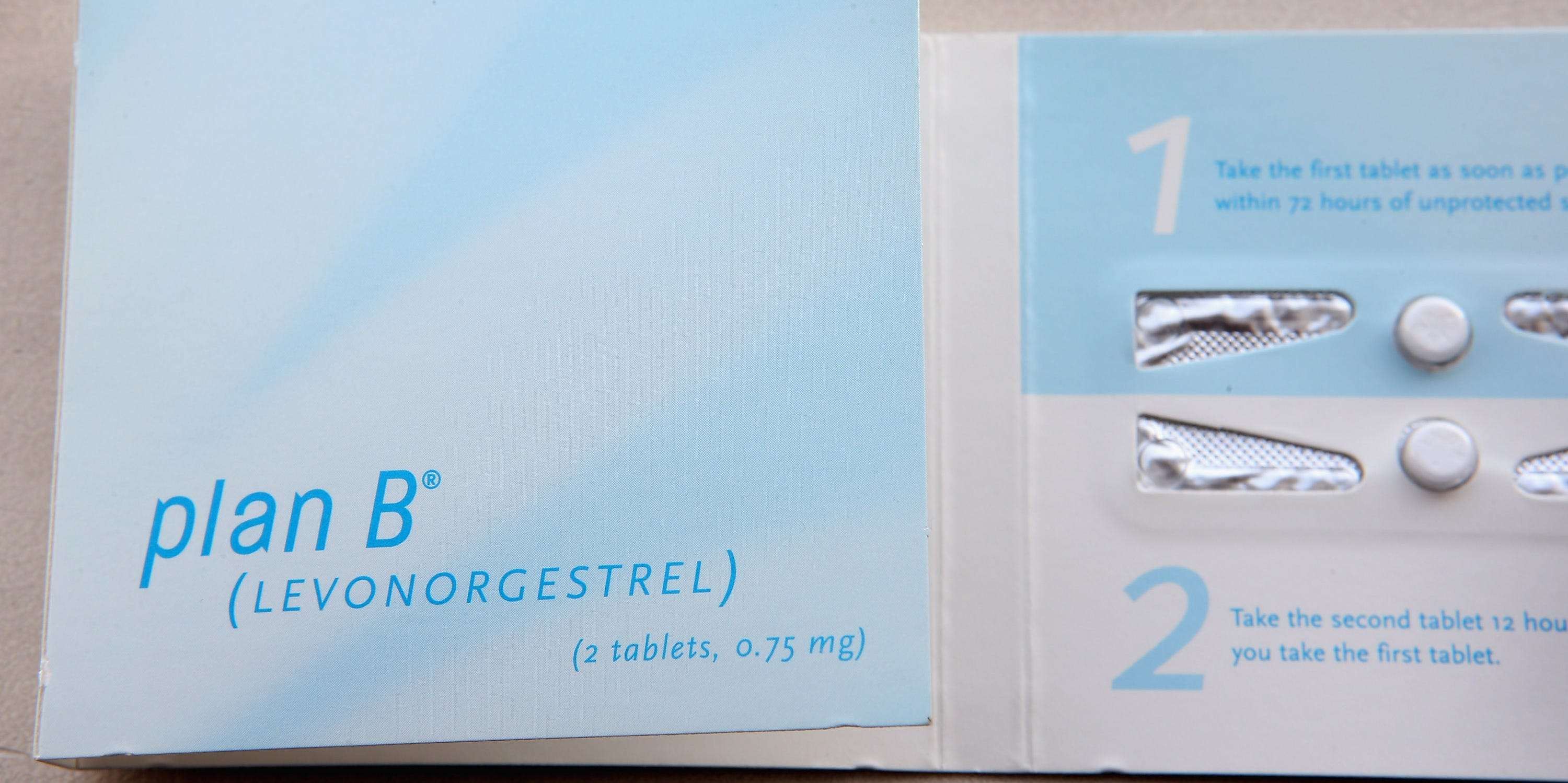Does Plan B Permanently Affect Your Period

The morning-after pill, often known as Plan B, offers a crucial option for preventing pregnancy after unprotected sex. However, it often leads to a whirlwind of questions and concerns, especially surrounding its impact on menstrual cycles. The most prominent question asked is: does Plan B permanently disrupt one's period?
This article delves into the science behind Plan B and its effects on menstruation, drawing upon expert opinions and medical research. Our goal is to provide clarity and evidence-based information, empowering individuals to make informed decisions about their reproductive health.
Understanding Plan B and its Mechanism
Plan B, and its generic versions, contains a synthetic progestin called levonorgestrel. This hormone primarily works by delaying or preventing ovulation. By interfering with the release of an egg, fertilization is less likely to occur.
It's crucial to understand that Plan B is not an abortion pill. It prevents pregnancy from occurring in the first place, not terminates an established pregnancy. This distinction is vital for understanding its mechanism of action.
Does Plan B Cause Permanent Period Changes?
The short answer is no. According to numerous studies and statements from organizations like the American College of Obstetricians and Gynecologists (ACOG), Plan B does not cause permanent changes to a woman's menstrual cycle.
However, it is very common for Plan B to cause temporary disruptions. These temporary disruptions can include earlier or later periods and lighter or heavier bleeding.
These changes are due to the hormonal surge provided by the pill, which temporarily impacts the delicate hormonal balance that regulates menstruation. This balance should correct itself after a cycle or two.
Temporary Period Disruptions: What to Expect
The most common side effect of Plan B is a change in the timing of the next period. Some women experience their period earlier than expected, while others find it delayed by up to a week or more.
Changes in the flow are also frequently reported. Periods may be lighter or heavier than usual. Some individuals also report spotting between periods after taking Plan B.
Other common side effects unrelated to menstruation include nausea, fatigue, headaches, and breast tenderness. These side effects are generally mild and temporary.
When to Seek Medical Advice
While Plan B-induced period irregularities are usually temporary, it's essential to know when to consult a healthcare professional. If your period is more than a week late, it is recommended to take a pregnancy test to rule out pregnancy.
ACOG recommends seeking medical attention if you experience severe abdominal pain, heavy bleeding that soaks through more than two pads per hour, or signs of infection such as fever or chills.
These symptoms could indicate other underlying conditions that require medical evaluation. Also, if you have concerns about your menstrual cycle beyond one or two cycles, consult a doctor.
Long-Term Contraception: Considering Alternatives
Plan B is an emergency contraceptive and should not be used as a regular form of birth control. Frequent use of Plan B can disrupt your cycle more often.
Numerous long-term contraceptive options are available, offering more consistent and effective pregnancy prevention. These options include IUDs, birth control pills, implants, and injections.
Consulting with a healthcare provider about your contraceptive needs is recommended. Together you can determine the most suitable method for your lifestyle and health history.
Conclusion: Empowering Informed Choices
Plan B is a safe and effective emergency contraceptive that provides a vital option for preventing unintended pregnancy. While it can temporarily disrupt the menstrual cycle, it does not cause permanent changes.
Understanding the facts about Plan B empowers individuals to make informed decisions about their reproductive health. Remember to consult with a healthcare provider for any concerns or questions about your menstrual cycle or contraception options.
By staying informed and seeking professional guidance when needed, individuals can prioritize their reproductive well-being and make choices that align with their personal needs and goals.



:max_bytes(150000):strip_icc()/VWH-JulieBang-HowLateCanYourPeriodBeonBirthControl-Standard-adef6d9a9be84bf0a38a4803d8f041b8.jpg)














